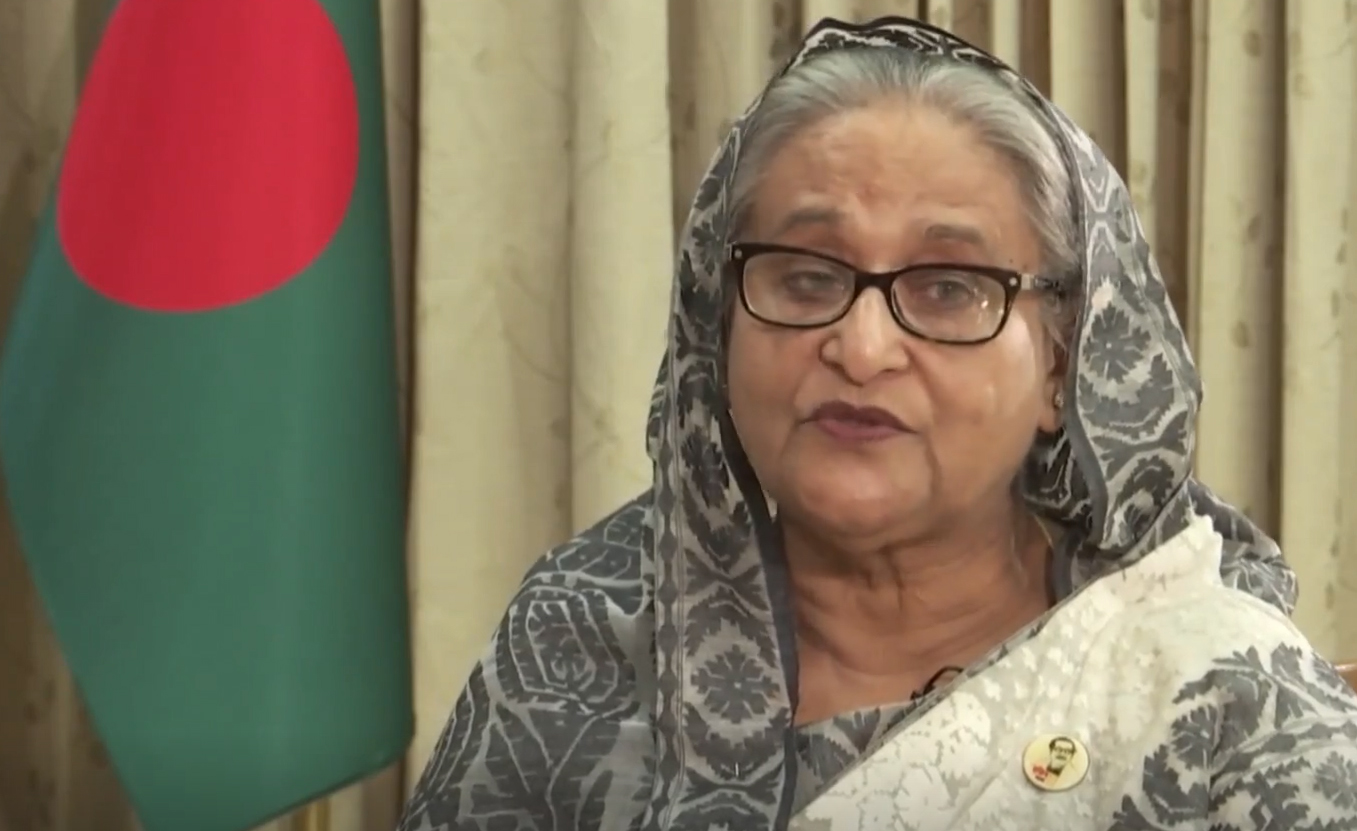DHAKA, Jul 30 : Bangladesh Prime Minister Sheikh Hasina on Tuesday said her government will seek foreign technical assistance for the judicial probe committee investigating the deaths during the recent anti-quota agitation to ensure a thorough inquiry.
Bangladesh witnessed unprecedented clashes between the police and mostly student protesters demanding an end to a controversial quota system that reserved 30 per cent of government jobs for relatives of veterans who fought in Bangladesh’s War of Independence in 1971.
“We will take foreign technical assistance in the judicial inquiry committee to make it appropriate, qualitative and highly standard,” the Dhaka Tribune newspaper quoted Hasina as saying.
Bangladesh was in touch with the United Nations regarding taking assistance for the judicial inquiry, the official BSS news agency quoted her as saying.
Hasina made the remarks while Germany’s Ambassador to Bangladesh Achim Troster called on the premier at her official residence Ganabhaban.
The government has formed the Judicial Inquiry Committee with High Court Justice Khandaker Diliruzzaman to probe all the deaths linked to the quota reform movement in the country, Prime Minister’s Press Secretary Md Nayeemul Islam Khan told the media.
The Bangladesh government for the first time on Monday officially acknowledged that 150 people were killed across the country during the students’ unrest over the quota system.
The government called in the army to quell protests, which started in universities and colleges earlier this month, quickly turning into a more widespread agitation against Hasina and her government, regarding job quotas.
The unrest has left several thousand people, including policemen, wounded and major government installations damaged.
Khan said the prime minister in the meeting revealed that Bangladesh also communicated with the United Nations about taking assistance in the inquiry.
“The UN expressed interest while Bangladesh also showed willingness,” the prime minister’s press secretary said.
Troster said Germany would stay beside Bangladesh as his country had a longstanding relationship with the South Asian country.
Regarding religious fanaticism, the envoy said Germany has no sympathy for its accomplices, adding that his country was hopeful there would be an independent inquiry into the matter.
“It will identify the culprits and they will be exposed to the trial,” he said.
The protests subsided last week after the apex Appellate Division of unitary Bangladesh’s Supreme Court on July 21 ordered a massive quota reform, keeping only seven per cent of reserve posts instead of the existing 56 per cent.
The government subsequently issued a Gazette notification in line with the order saying 93 per cent of jobs would be open to candidates on merit.
The government leaders said the peaceful and issue-specific students’ movement was not involved in violence and attributed the anarchy to the Jamaat-e-Islami (JI) party and their student activists backed by the main Opposition outside parliament Bangladesh Nationalist Party (BNP) of ex-premier Khaleda Zia. The BNP had boycotted the January 7 general elections.
The government has accused the JI of hijacking the protests to cause nationwide anarchy, causing economic loss of around USD 10 billion and rising, )(PTI)


